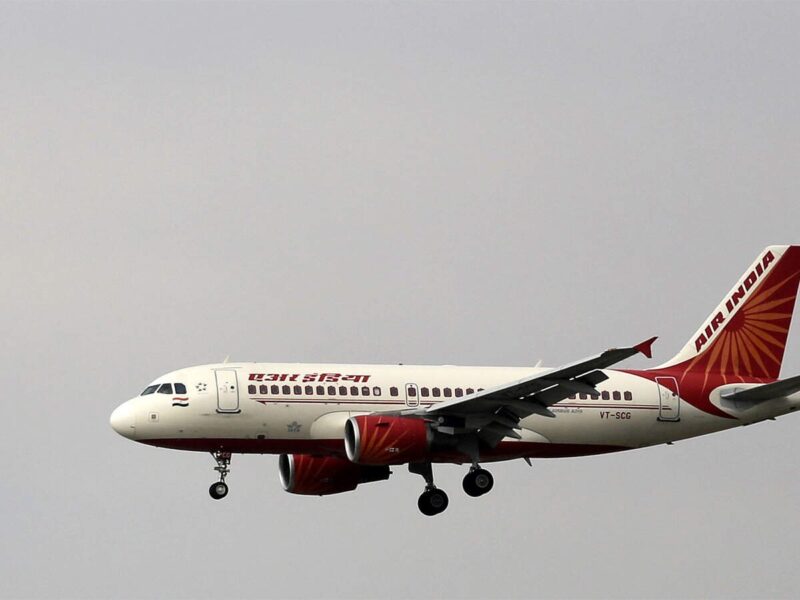Traveling from India to Germany is straightforward once you understand the rules, documents, cultural expectations, and small logistical details that make the experience smoother.
The most important thing to know right from the start is that Germany expects strict adherence to paperwork, timing, and compliance with travel regulations.
If your visa, insurance, bookings, or financial documents are incomplete, the process becomes stressful; if everything is in order, the trip is usually seamless.
Germany is extremely organized, safe, and punctual, and Indian travelers who prepare well tend to enjoy a predictable, comfortable journey.
Understanding Entry Requirements and Visa Rules
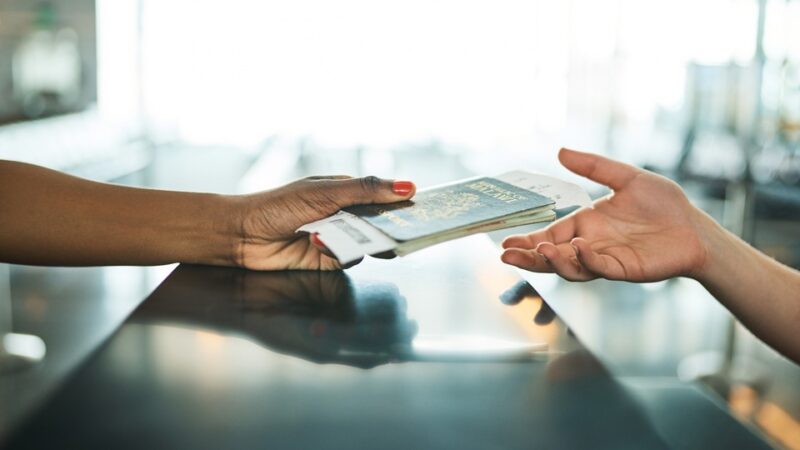
Indian citizens require a Schengen Visa to enter Germany for short stays up to 90 days. The entire system is document-heavy, so starting early is essential. Visa applications go through VFS Global, and processing times vary depending on the city and time of year, usually 15–25 working days.
Key Points for Visa Preparation
- Travel insurance is mandatory, with a minimum coverage of EUR 30,000.
- Flight itinerary (not always a purchased ticket) is accepted.
- Proof of accommodation must cover every day of your stay.
- Bank statements must be stamped, updated, and usually show 6 months of activity.
- Correct purpose of travel must be stated clearly (tourism, business, visiting family, etc.).
Germany is one of the stricter Schengen states, so clarity and consistency in documents matter.
Table: Mandatory Documents for Indian Travelers
| Requirement | Accepted Format | Notes |
| Passport | Original + photocopies | Must be valid for 3+ months beyond departure |
| Travel Insurance | Digital or printed certificate | Minimum EUR 30,000 coverage |
| Bank Statements | Stamped bank-issued | 6 months required |
| Accommodation Proof | Hotel bookings / invitation letter | Must match trip dates |
| Flight Itinerary | Reservation or booking | Round-trip required |
| Purpose Documents | Itinerary, meeting letters, etc. | Must match the stated purpose |
Flights, Airports, and Travel Routes
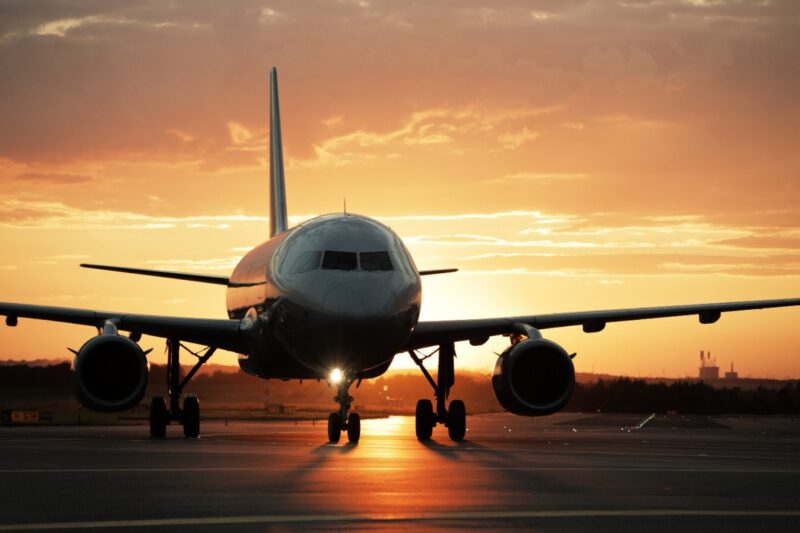
Most Indian travelers enter Germany through Frankfurt, Munich, Berlin, Düsseldorf, or Hamburg. The busiest hubs for direct flights from India are Frankfurt and Munich.
Practical Notes
- Frankfurt Airport is the largest and often intimidating due to its size, but it is extremely systematic.
- Munich Airport is quieter, more aesthetic, and simpler to navigate.
- Most Indian airlines fly overnight, so you arrive in Germany early morning—use this to adjust your body clock immediately.
Weather and Seasonal Travel Differences
Germany’s climate differs drastically from India. Knowing the conditions before arrival helps with packing and body adjustment.
Table: Seasonal Expectations for Indian Visitors
| Season | Temperature Range | What to Expect |
| Winter (Dec–Feb) | -5°C to 8°C | Very cold, icy roads, Christmas markets |
| Spring (Mar–May) | 8°C to 18°C | Mild, blossoming trees, light jackets needed |
| Summer (Jun–Aug) | 18°C to 32°C | Comfortable, long days, outdoor life |
| Autumn (Sep–Nov) | 5°C to 15°C | Rainy, windy, beautiful fall colors |
Winters can feel especially harsh if you are coming from warm parts of India, so layering is essential.
Understanding German Culture as an Indian Visitor
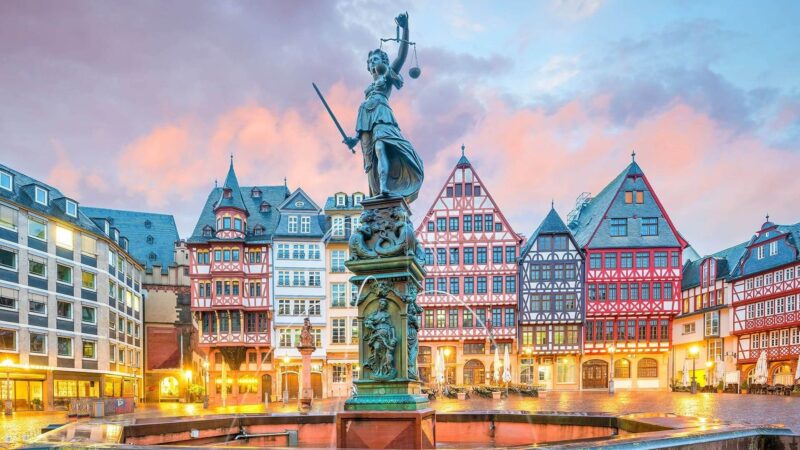
Germany values structure, privacy, and punctuality. For someone arriving from the more spontaneous and social environment of India, a few cultural habits may feel different at first.
Key Cultural Adjustments
- Punctuality is taken seriously. Being 5 minutes late is considered disrespectful.
- People speak directly—not rude, just straightforward.
- Cashless payments are growing, but some smaller shops still prefer cash.
- Quiet zones are real—in trains, hotels, residential streets.
A Small Table of Indian–German Cultural Differences
| Topic | India | Germany |
| Time | Flexible | Strict |
| Conversation | Expressive | Direct |
| Eating Times | Late dinners common | Early dining (6–8 PM) |
| Queuing | Flexible | Strict line discipline |
| Public Transport | Mixed systems | Highly reliable |
Understanding these helps avoid awkward moments and makes the trip feel more comfortable.
Money, Currency, and Payments
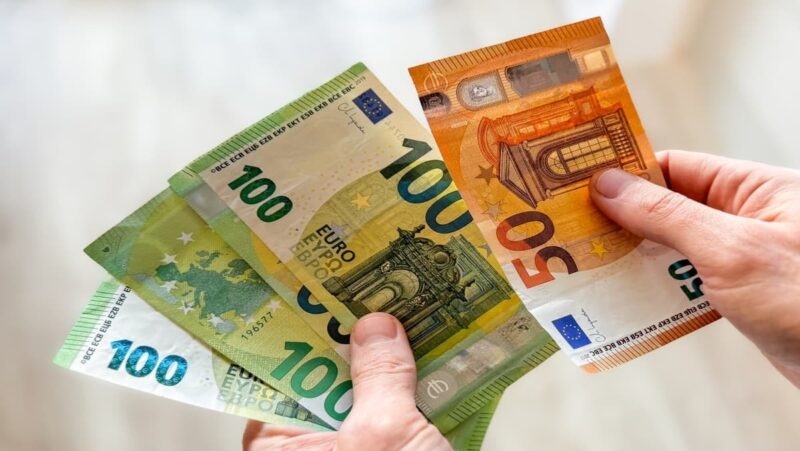
Germany uses the Euro (EUR). Cards are widely accepted, especially Visa and Mastercard, but some small cafés or rural shops may still insist on cash.
Useful Money Tips for Indian Travelers
- Currency conversion at airports is more expensive—use ATMs in the city.
- German ATMs charge your bank fees, not their own.
- Indian cards (SBI, HDFC, ICICI, Axis) work fine internationally when activated.
Average Daily Costs in Germany
| Expense | Expected Range |
| Meals | €10–€20 per person |
| Train/Transport | €3–€10 per ride |
| Hotels | €70–€130 per night |
| Coffee | €2.50–€4.50 |
Transportation and Getting Around Germany
Germany’s transport network is extremely reliable. Trains, buses, trams, and metros cover almost every part of the country.
Transportation Breakdown
- Deutsche Bahn (DB) runs long-distance trains; delays do happen occasionally.
- U-Bahn = underground metro.
- S-Bahn = suburban rail.
- Trams operate in major cities like Munich and Berlin.
- Day passes often make more sense than single tickets.
Germany is extremely walkable, and cyclists have priority in many areas—be careful when crossing bike lanes.
Safety, Nightlife, and Social Behavior

Germany is considered one of the safest countries in Europe, especially for international tourists. Whether you are exploring big cities or smaller towns, safety standards are high.
Important Safety Notes
- Pickpocketing occurs mainly in tourist hotspots (Berlin, Munich, Frankfurt).
- Public transportation is safe even late at night.
- Police presence is visible and helpful.
Germany also has a vibrant nightlife culture, especially in Berlin, Hamburg, Cologne, and Munich.
In the context of Munich specifically, some travelers also look for companionship or local social experiences during events, festivals, or long stays. When reading about local lifestyle options, you might come across services like escort München, which operate legally under regulated frameworks in Germany. These are simply part of the city’s broader nightlife and hospitality ecosystem, and knowing their legal standing helps visitors understand Germany’s open but regulated approach to adult services.
Food Considerations for Indian Travelers
German food is hearty and meat-heavy. Vegetarians and vegans have plenty of options, but you will need to know where to look.
Common Experience for Indian Travelers
- Indian restaurants are available everywhere, especially in Berlin, Frankfurt, and Hamburg.
- German food focuses a lot on bread, cheese, potatoes, sausages, and light salads.
- Tap water is safe to drink—most locals prefer bottled, but tap is clean.
Table: Useful Food Tips
| Topic | Advice |
| Vegetarian Options | Look for “vegetarisch” or “vegan” signs |
| Spice Levels | German food is usually mild |
| Breakfast | Mostly cold items—bread, cheese, yogurt |
| Supermarkets | Aldi, Lidl, Rewe, Edeka have wide, affordable selections |
SIM Cards, Internet, and Connectivity

Germany has strong networks but surprisingly weaker mobile coverage in rural areas. Still, major cities have excellent 4G/5G connectivity.
Best SIM Options for Indian Visitors
- Vodafone
- Telekom
- O2
Plans usually cost €10–€30 depending on data.
Public Wi-Fi is common in airports, malls, and some cafes, but less widespread compared to India.
Shopping, Tax Refunds, and Indian Traveler Habits
Germany offers VAT refunds for non-EU visitors when shopping above €50 at participating stores.
Important Steps
- Always ask for a Tax-Free Form.
- Get it stamped at the airport before departure.
- Claim at Global Blue or Planet Tax Refund counters.
Indian travelers often purchase:
- Electronics
- Chocolates
- High-quality winter clothing
- German skincare brands
Final Travel Tips for India–Germany Trips
Traveling from India to Germany becomes much easier when expectations are realistic and preparation is thorough. Germany rewards punctuality, organization, and responsibility, and visitors who adapt quickly find the experience smooth and enjoyable.
The blend of historic architecture, efficient transportation, deep cultural structure, modern cities, and strong safety makes the journey memorable—especially when you understand the small but important details listed above.

